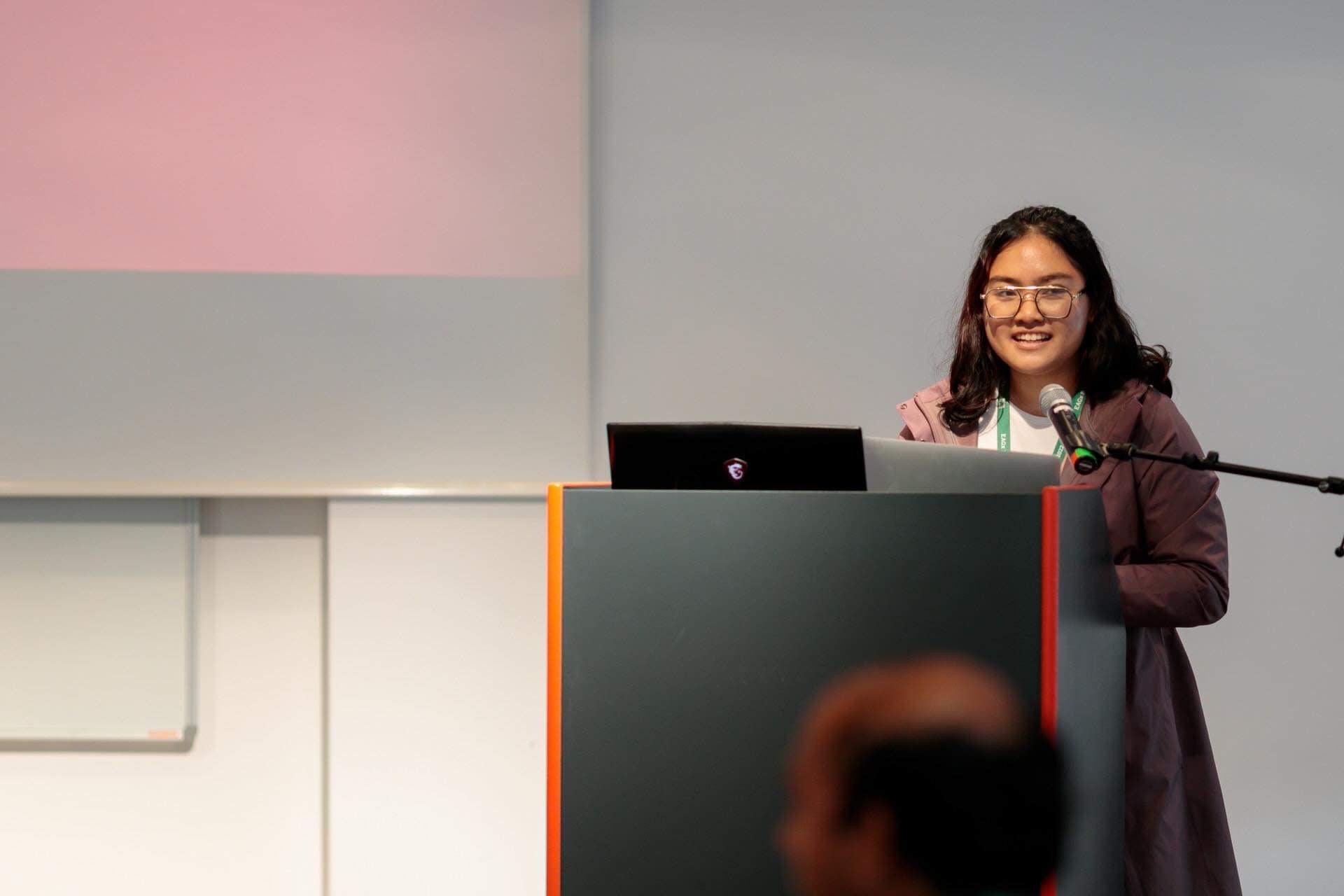I've been working in healthcare technology for 5+ years and am hitting a crossroads in terms of where I want to go in my career. Ever since discovering EA, I've been questioning whether I want to prioritize direct work vs. earn-to-give.
The core reason why I work in health tech is to make a difference by improving or saving people's lives. I used to believe that my direct work was the only way to make that difference. Now that I know there is other options, I'm conflicted.
For example, should I take a higher-earning role at a Facebook or Google-like company to donate more to effective charities or take a lower-pay role at a health tech company which will lessen my donations?
Of course there's other factors that would have to weigh in my decision - culture, work-life balance, rate of growth of career capital, remote flexibility, etc.
However, the path of earn-to-give is making me seriously consider other industries. If there's a company out there that is a great fit to my values and is higher-earning, but doesn't provide much impact as a health tech company would - I'll probably take it.
Now, that's not to say I will work at a company that does harm. I'd still want my company to be neutral or do some amount of good, but doesn't necessarily have to provide as much impact as a health tech company. Whereas before EA, impact mattered the most to me so I solely applied to health tech companies.
Any thoughts from those who have experienced this dichotomy throughout their career? Most ideal would be to have both, but I'm sure those positions are extremely competitive.




Hi,
I don’t have a solid answer to your question, but I do have a suggestion for a way to distinguish between the impactful health tech companies. If it is a health tech company that produces technology that primarily benefits wealthy western people, the direct impact probably does not outweigh the good that could be done by earning more and donating to groups that directly benefit the global poor along health dimensions.
It sounds like you might have a comparative advantage in health tech though that would enable you to do a lot of good working for a health tech organization that produces technology that benefits the global poor. Just a distinction to consider.
Yeah, that's another option I can build career capital for. Most of the health tech jobs in the market is towards US healthcare problems, which is what my experience is in. A goal, one day, would be to work for or start a global health non-profit leveraging technology to scale a validated health intervention (e.g tech-enabled AMF).
But to build... (read more)